Answer: The scholars differ on that into three views;
- That it is not allowed to observe it in monetary kind. This is view of Maliki, Shafi’I and Hambali schools of thought.
- That it is allowed without limitation. This is the view of Hanafi School. Al- Hassan al- Basri, Sufyan Ath-Thaori and Umar bn- Abdul- Azeez also held such view. Some narrations in Shafi’I and Hambali Schools also upheld that.
- That it is allowed provided that there is public interest or need for it. This is a view in Hambali School adopted by Ibn Taymiyyah.
Each school premises its argument on evidences. For those who prohibit it to be observed in monetary form, they relied on the literal meaning of the traditions that command zakatul fitr should be observed with dates, maize and foodstuff. Those who held it should be observed in monetary form argued that the intent and purpose of zakatul fitr is to enrich the needy on the festival day, and that could be more achieved through giving out cash. For those who restricted observing it in monetary form to when need or public interest arises, they argued that basically the zakat is observable with those items highlighted in the traditions, but it is allowed to violate this principle if the public interest or prevention of unbearable stress arises thereof. They relied on various evidences which include among others, what was reported by Bukhari that Mu’az bn Jabal said to people of yamen when he was sent on errand by the Apostle of Allah:”Bring forth for me instead of maize bundle of clothe in observing zakat. Atom is the smallest to you but is the best to the companions of Prophet in Madinah”.
It can also be considered as one of public interests and compelling needs that justify substituting zakat observation with the traditionally listed items with cash, instance where restricting to the former incurs (unbearable) stress. Thus, (in this circumstance), no taboo, islamically, has been committed. Anyone who masters the principles of Shari’ah will know that the (view of) observing zakatul fitr in monetary, in this era, is more proximate to the truth than other views for the existence of public interests and prevention of imminent stress. This view could also be buttressed with the following:
- That observing the zakat in cash was famous before the expiration of the generation of Sahabah to the extent that Abu Ishaq As-Subayi- one of the Tabi’un – said “I met them (companions) observing the Ramadan zakat with Daraim (currencies) that correspond the value of foodstuff” (Narrated by Ibn Abi Shaybah in Musannaf with authentic chain)
- That it is not asserted that either the Prophet or the companions condemn observing the zakat with cash.
- That the traditions which mention the itemized foodstuffs do not indicate illegality of otherwise, with the evidence that the companions approved observing zakat with wheat which was not mentioned (in the tradition)
Ibn Munthir mentioned in his book: “Al-Awsat“: that the companions approved observing (zakatul fitr) with half of a Sa’u from wheat, because they observed that it was similar in value with a Sa’u of dates and maize. It is interesting that contemporary scholars who condemn this act have also approved observing the zakat with rice-which was never mentioned in the tradition- provided that it is the dominating food of particular vicinity. It is worthy of note that the law giver never provides that the dominating foodstuff should be the subject of zakatul fitr, but it is a view resulting from juristic effort targeted at public interest which shares the same coin with observing it with cash.
- Majority of the companions in the era of Mu’awiyah approved the observing of the zakat with half Sa’u of sham dates instead of a Sa’u of conventional dates. This is (clear) evidence that they agreed that the former is similar to the latter in value.
- That majority of the destitute will collect the foodstuff and later sell it off with less price value. The implication of this is that neither does the needy benefit from the foodstuff nor does he receive the value of the Sa’u with commensurate price.
- That the reason why the foodstuffs in the traditions were specified and selected is the indispensable needs of the (then Muslims) to foodstuffs and paucity of currencies in those days wherein virtually all their sale transaction were premised on trade by barter.
Hence, actualization of public interest and prevention of unbearable stress are apparent in the direction adopted by the law-givers (in this matter). Based on this (assertion) the principle provides that a rule revolves around the orbit to which it is tied, either in affirmative or negative. It therefore follows that it is allowed (islamically) to observe zakatul fitr in monetary form because of the apparent public interest and need for the needy of today.
Allah knows best and resorting to Him is more peaceful.
Written by
Muhammed Ahmad Luh
Head, Committee of Fatwa,
Union of African scholars.


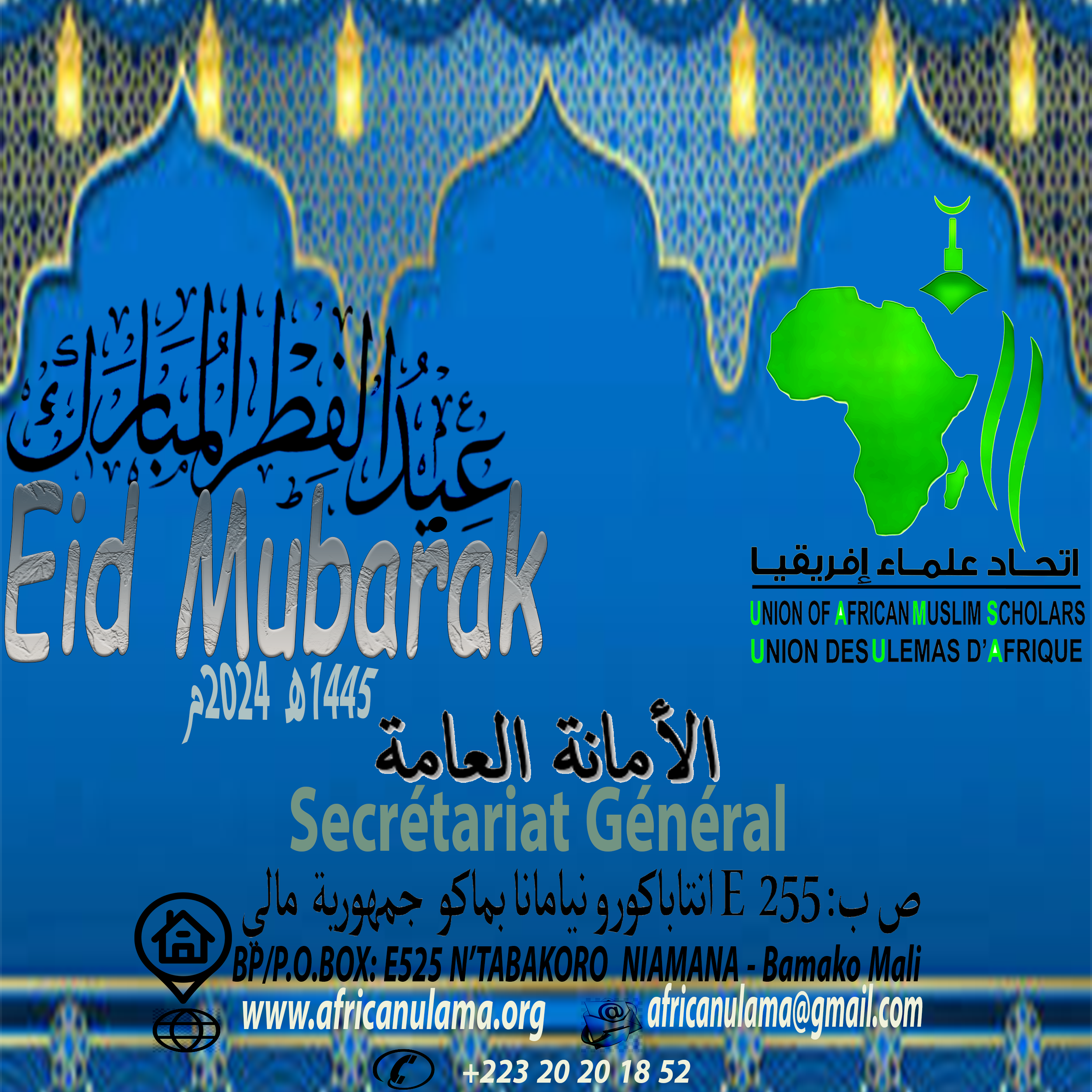

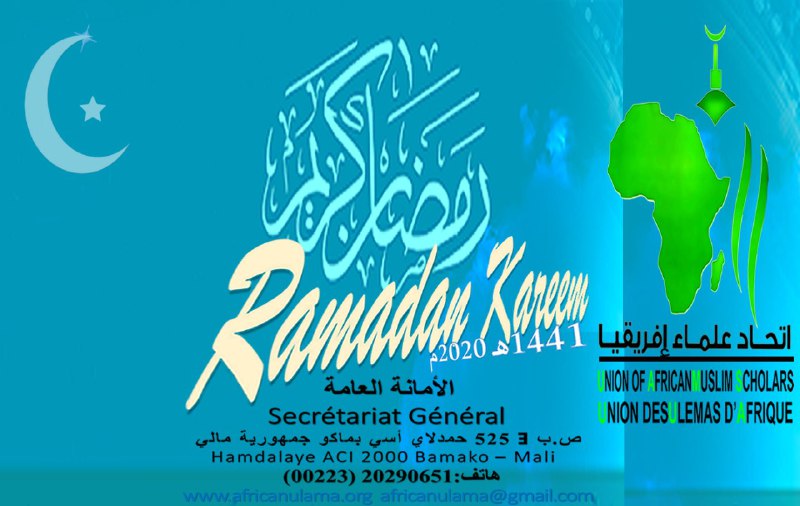
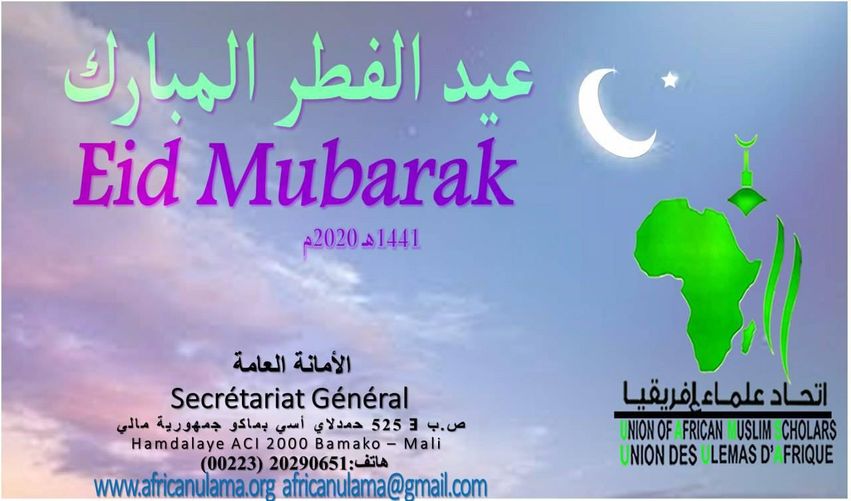
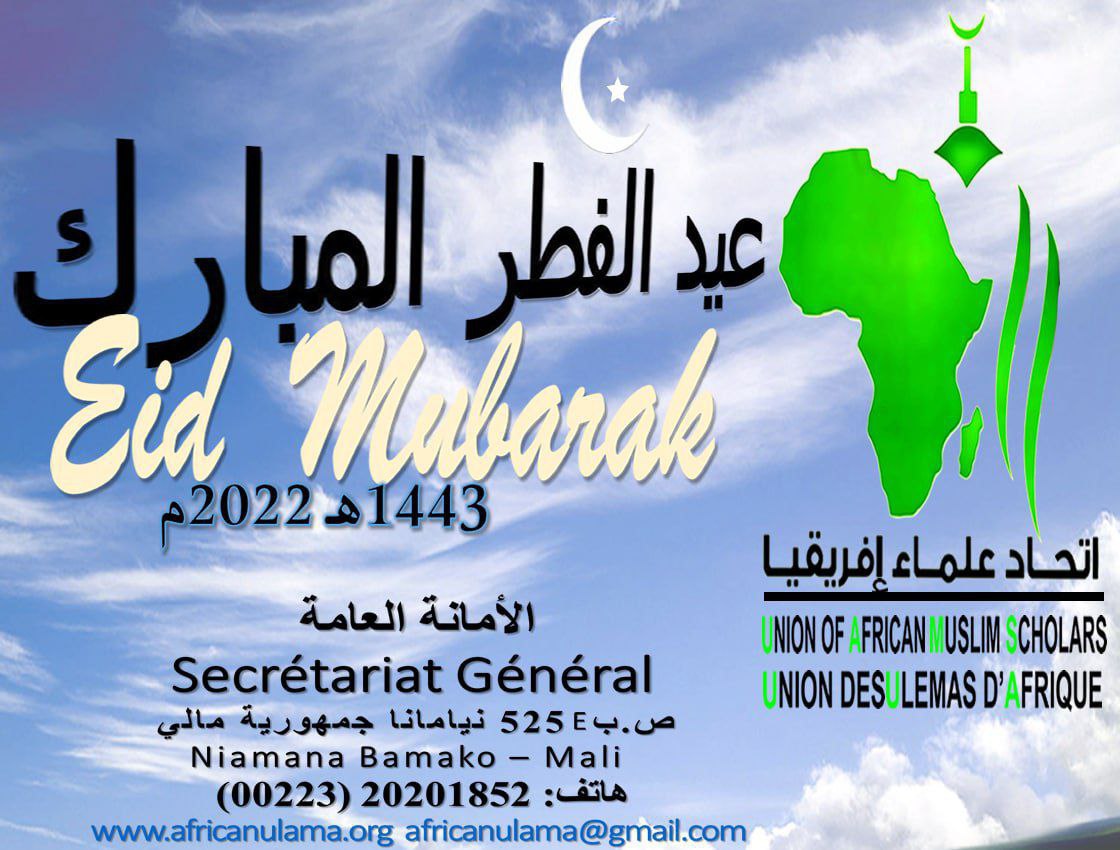

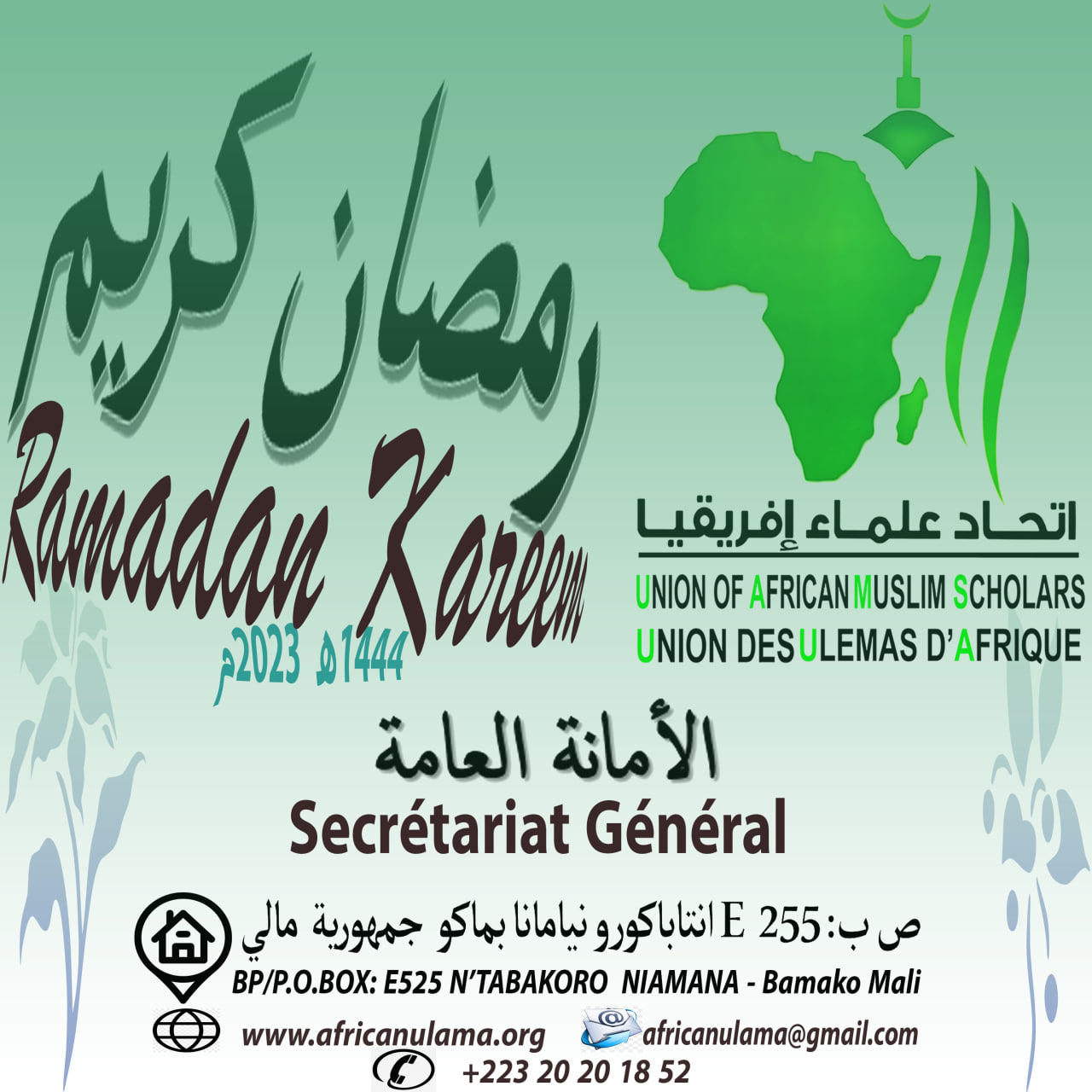
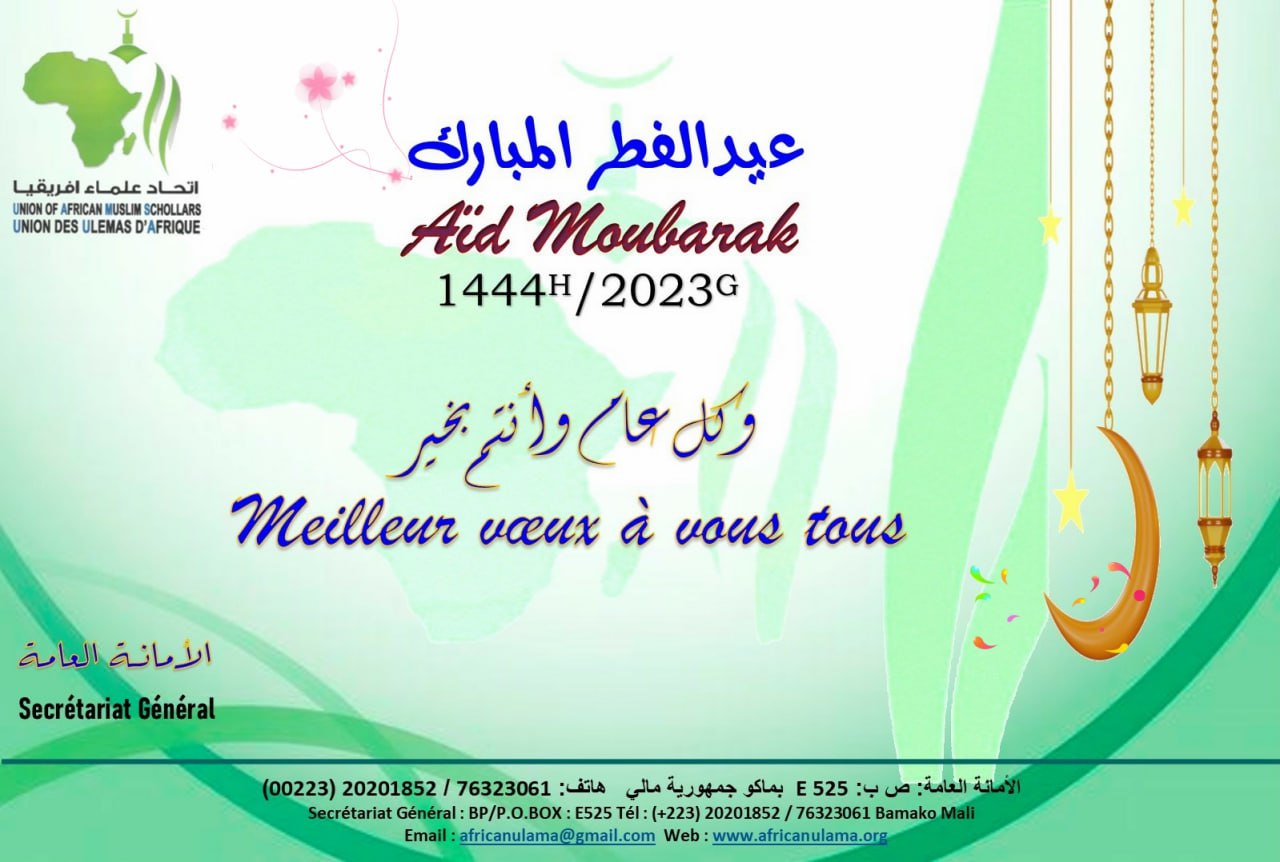
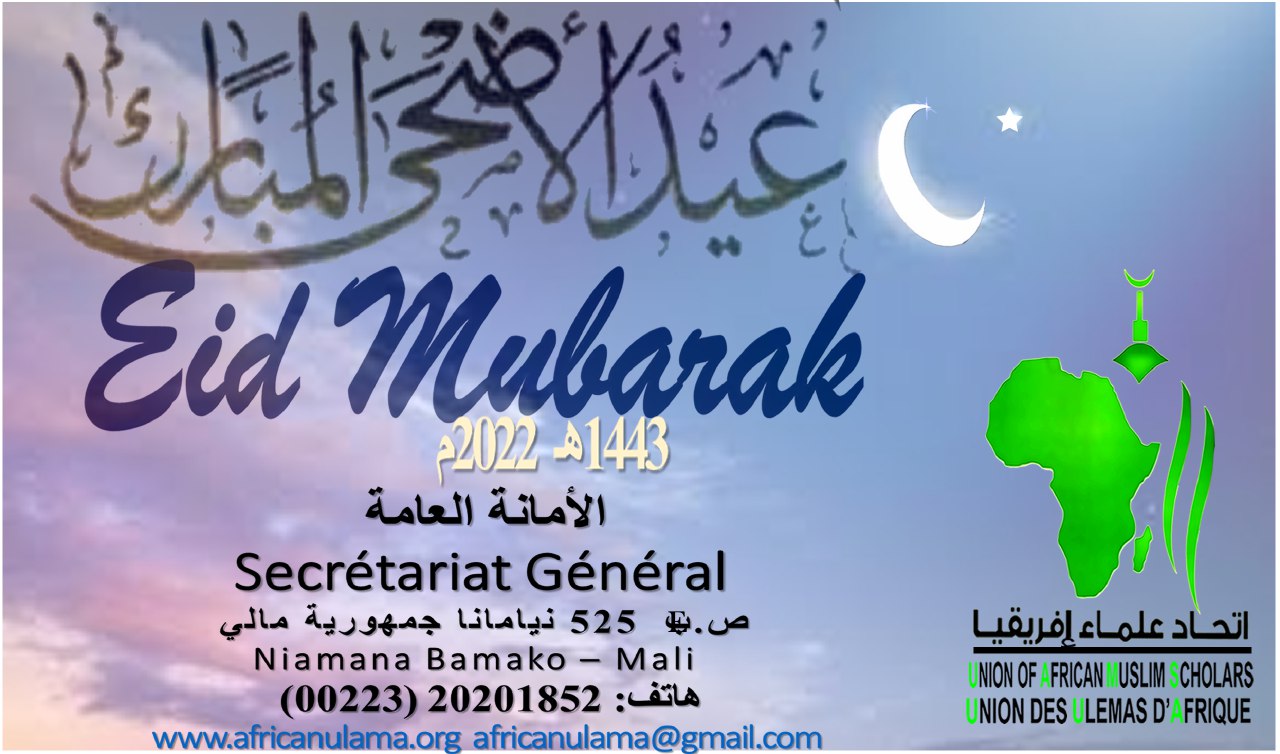

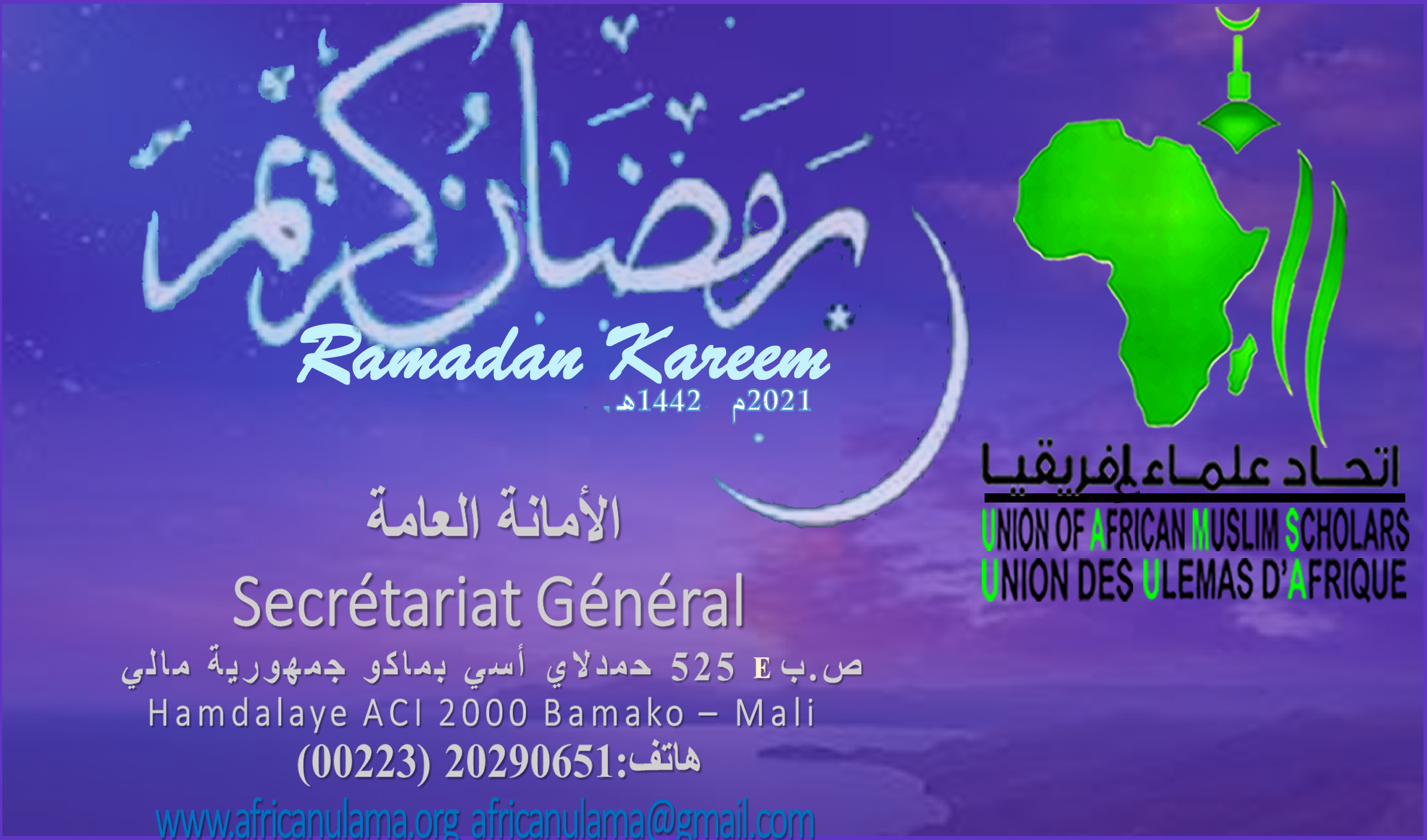
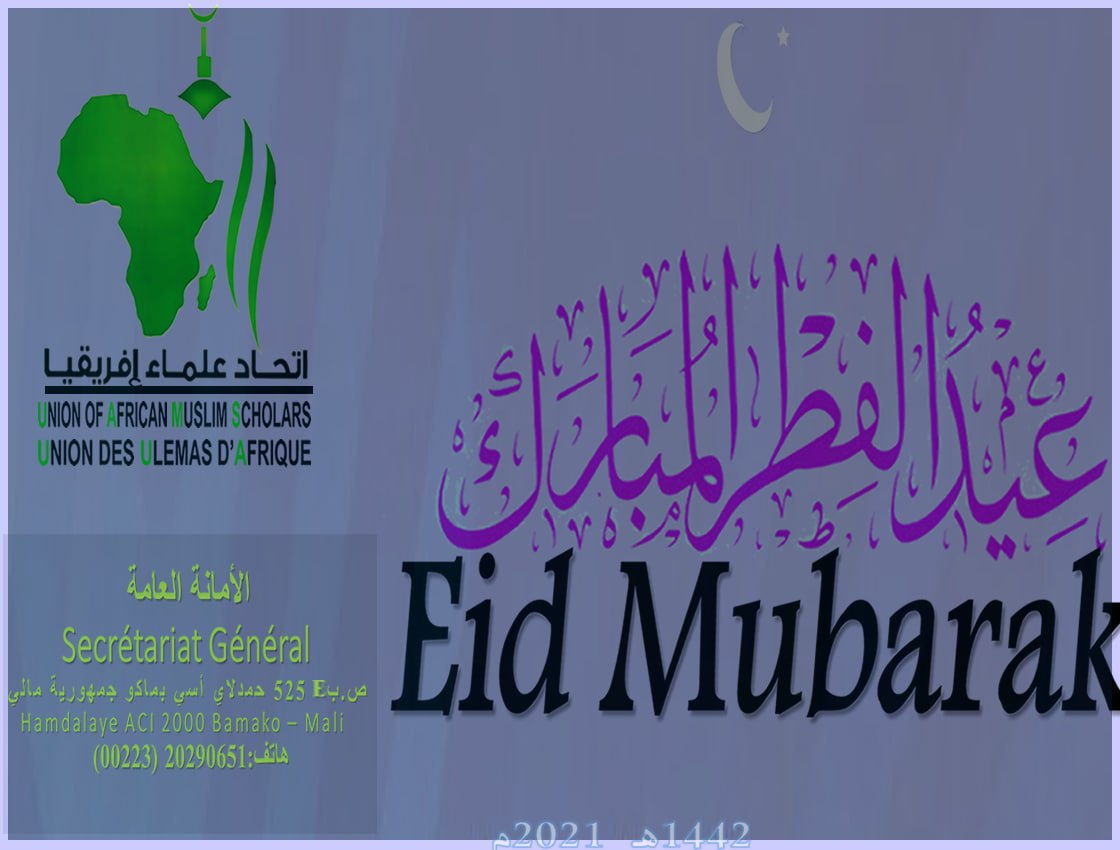
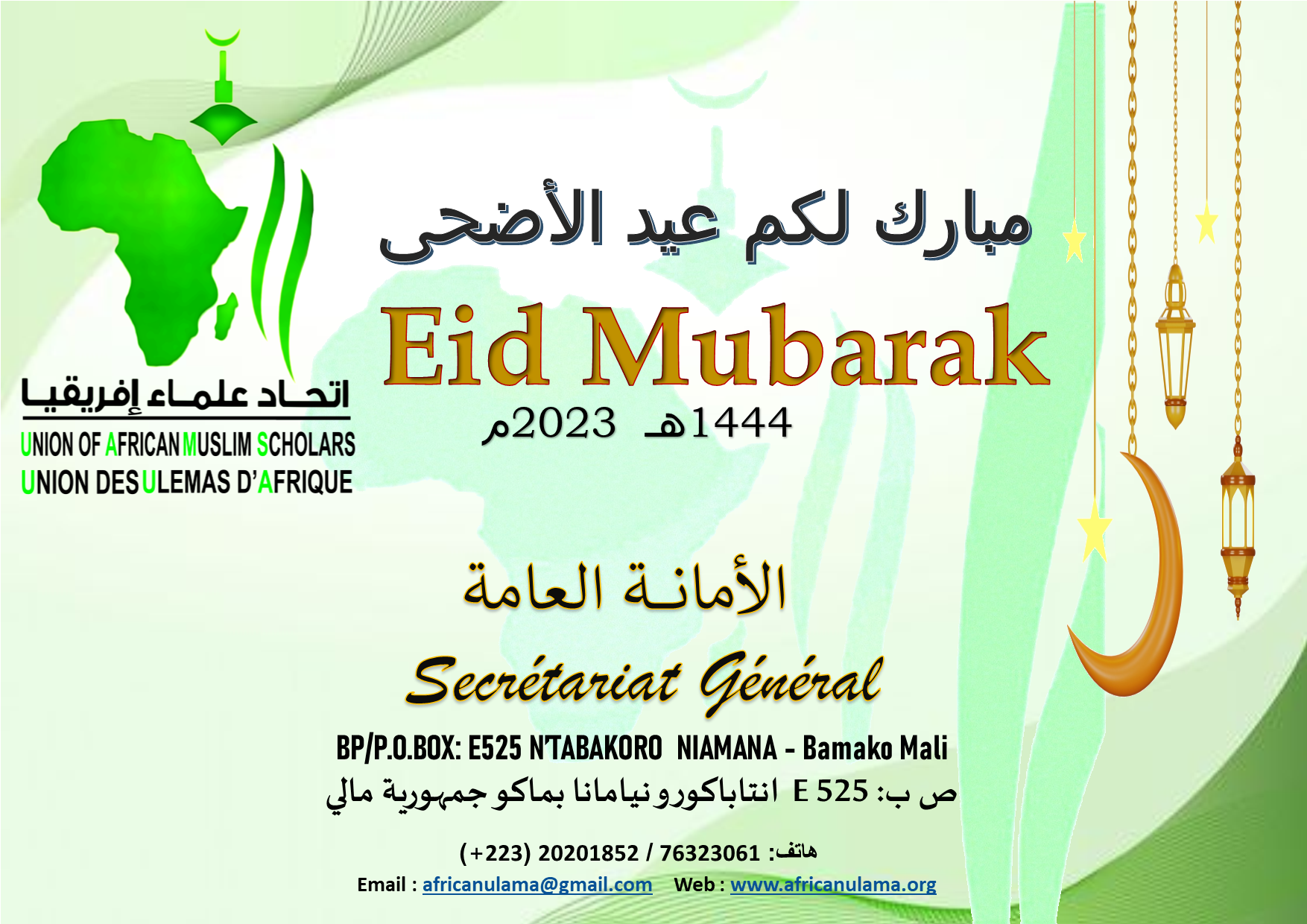
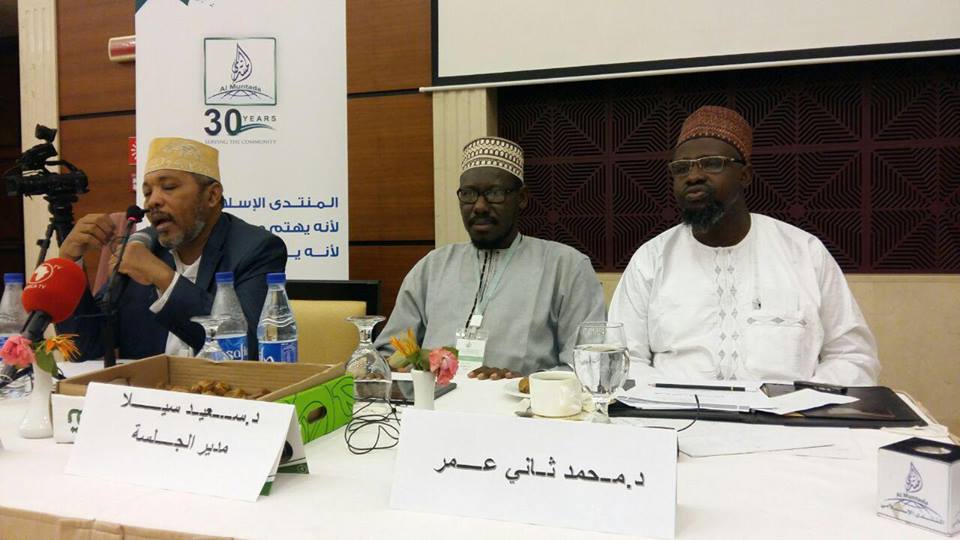
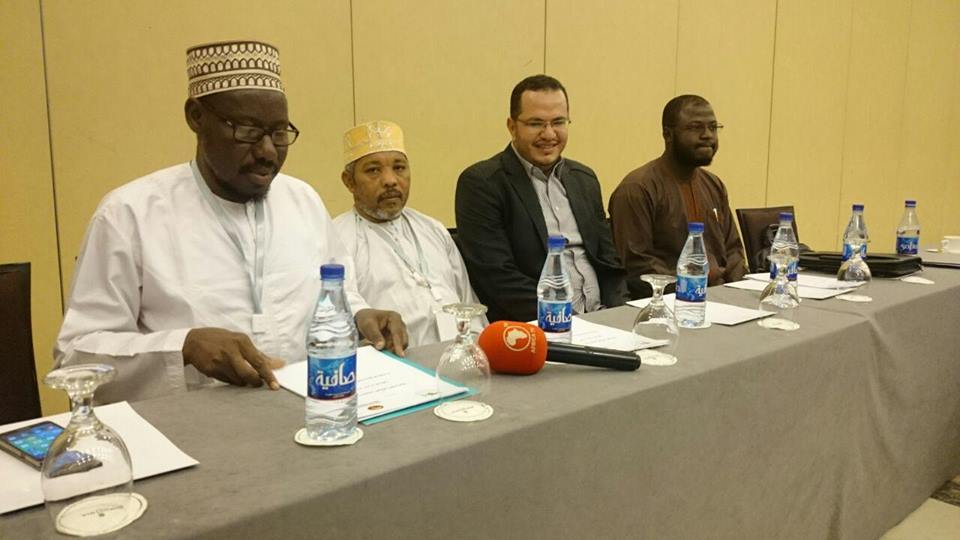

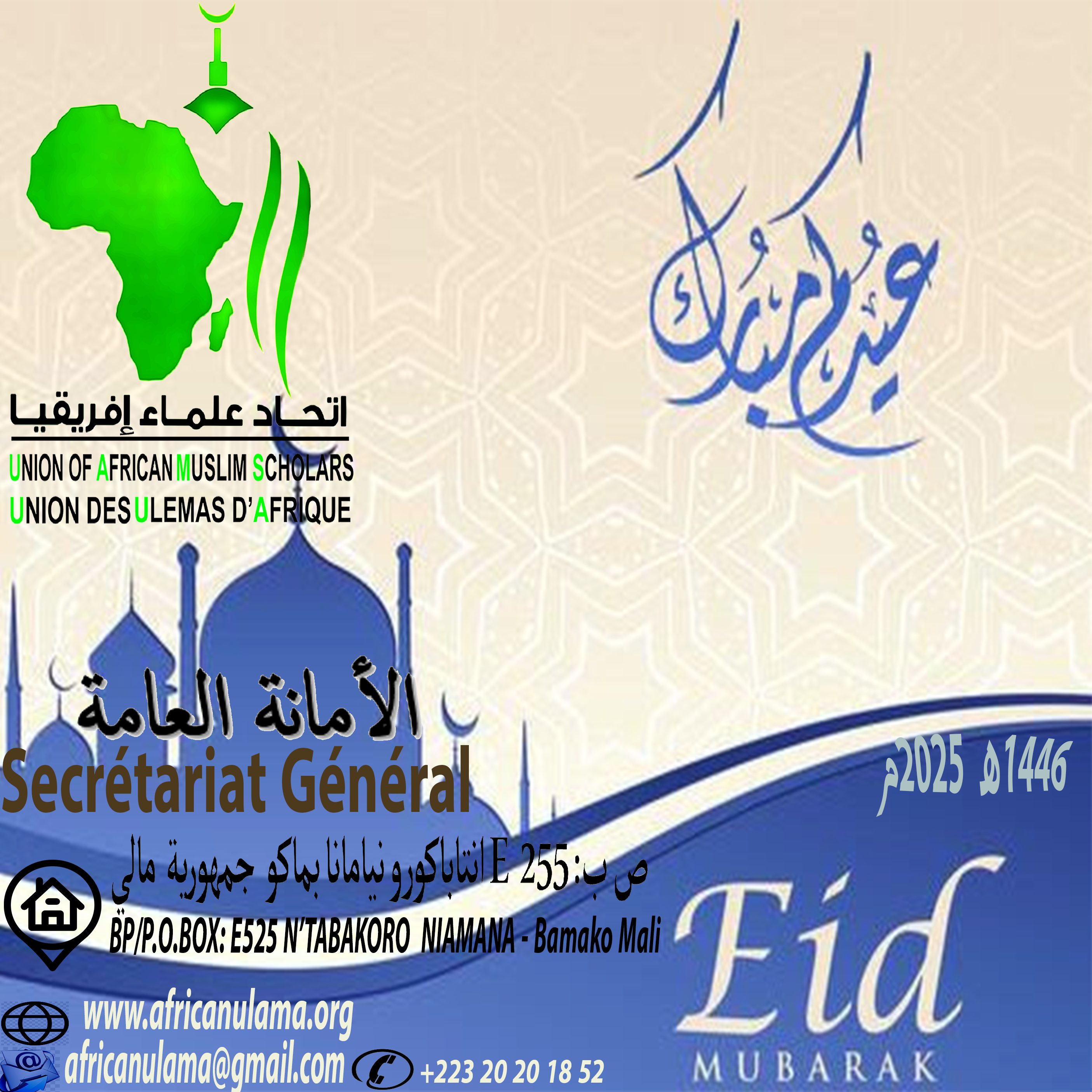
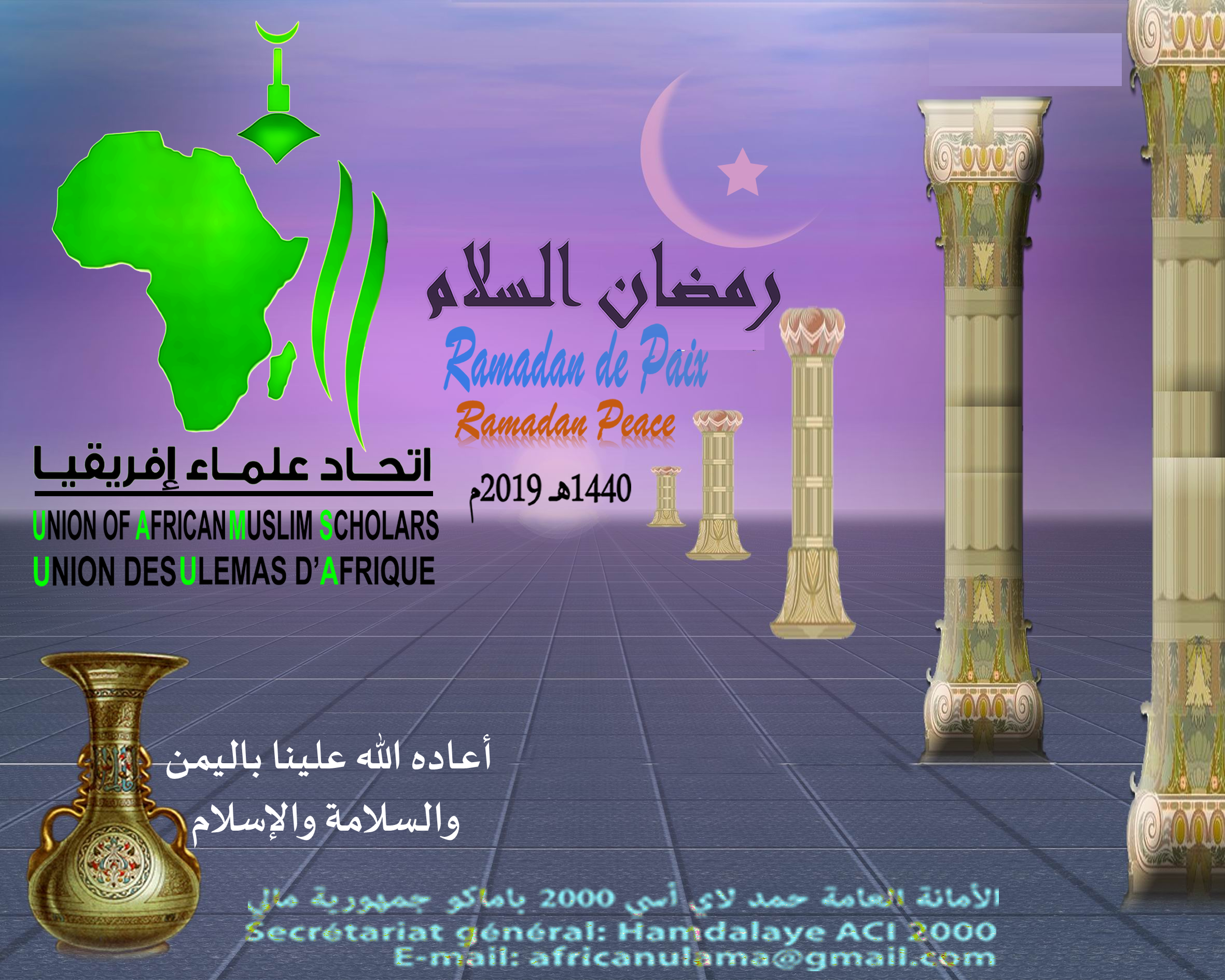
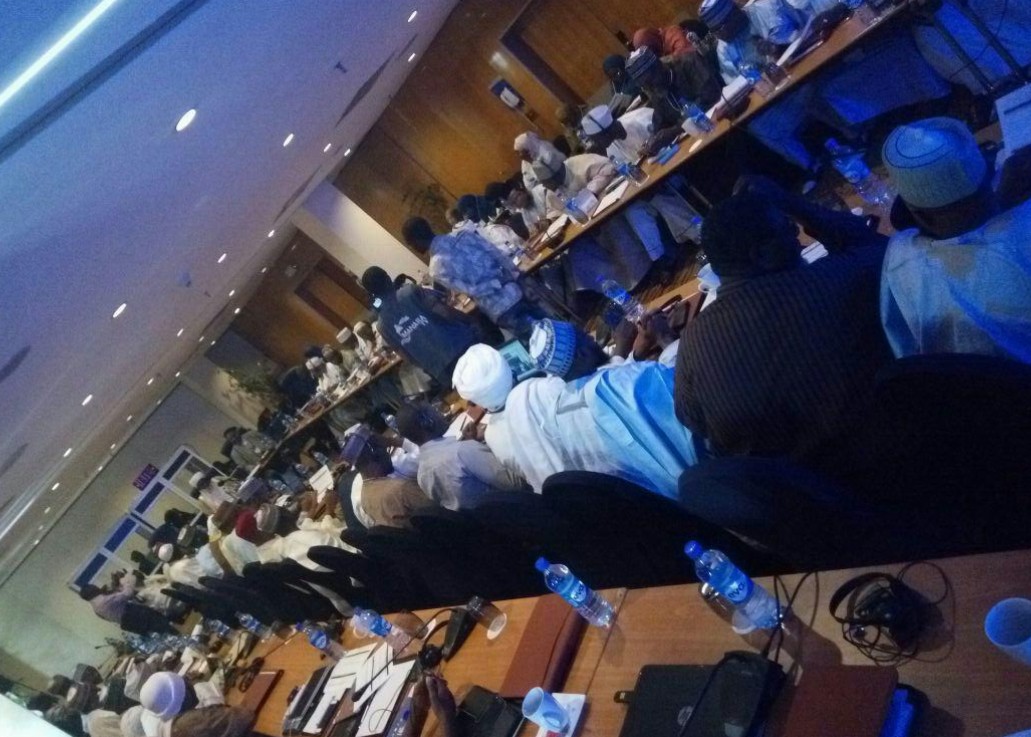

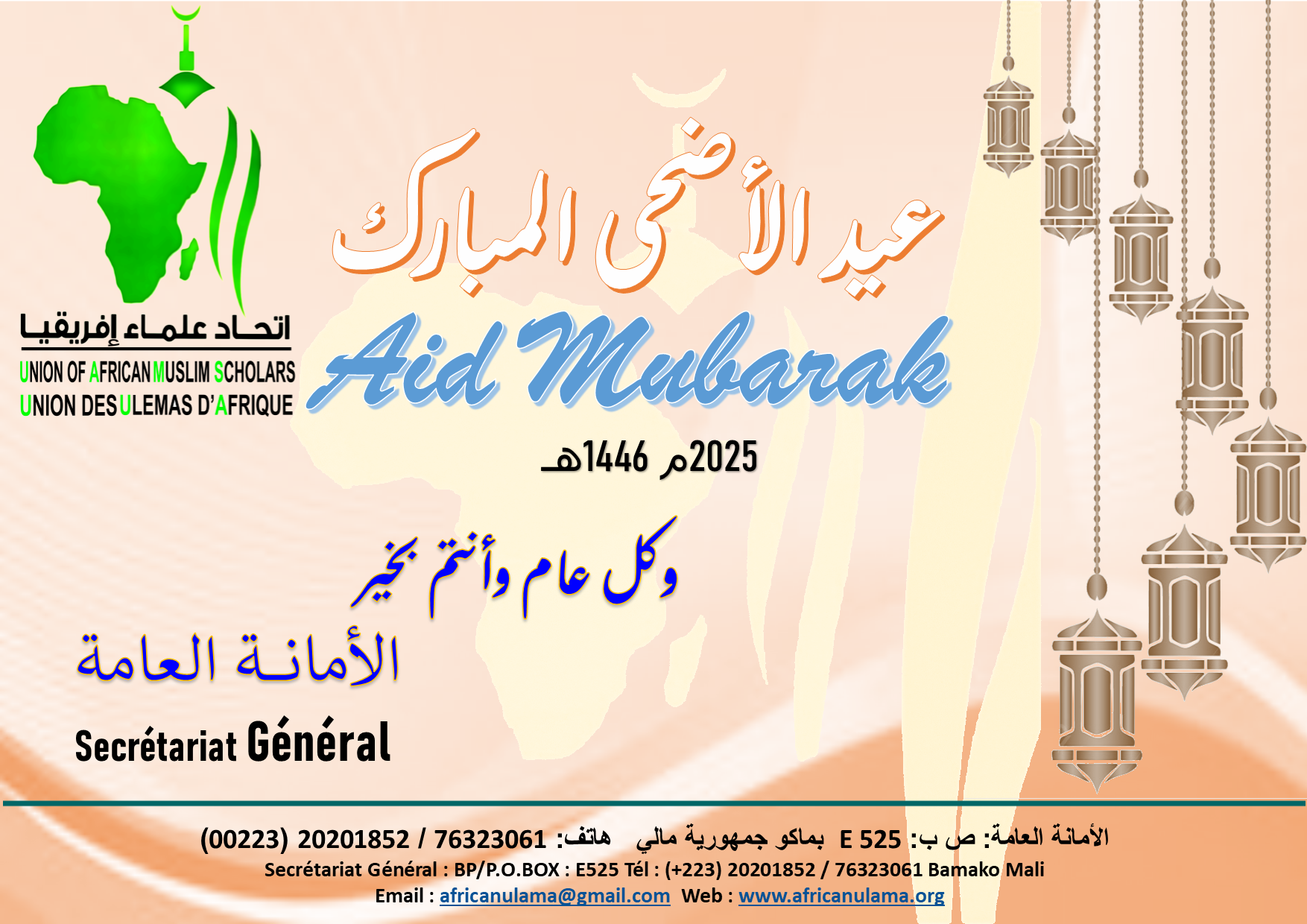

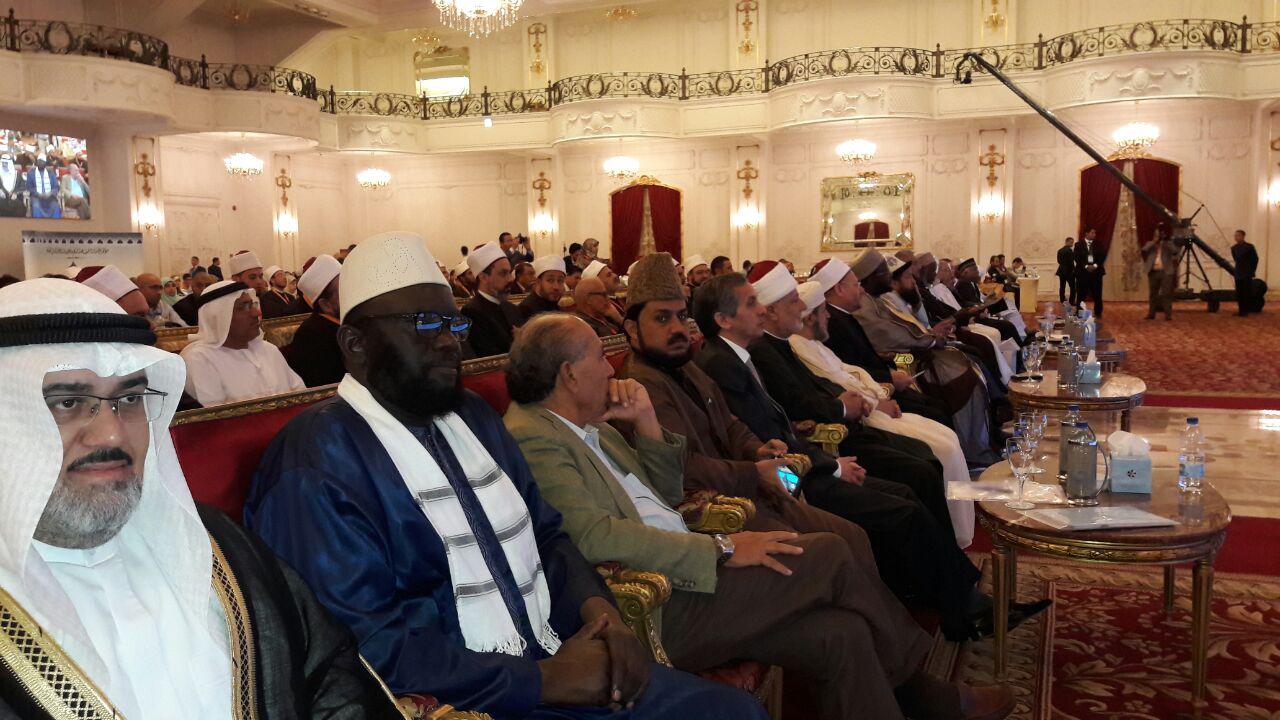
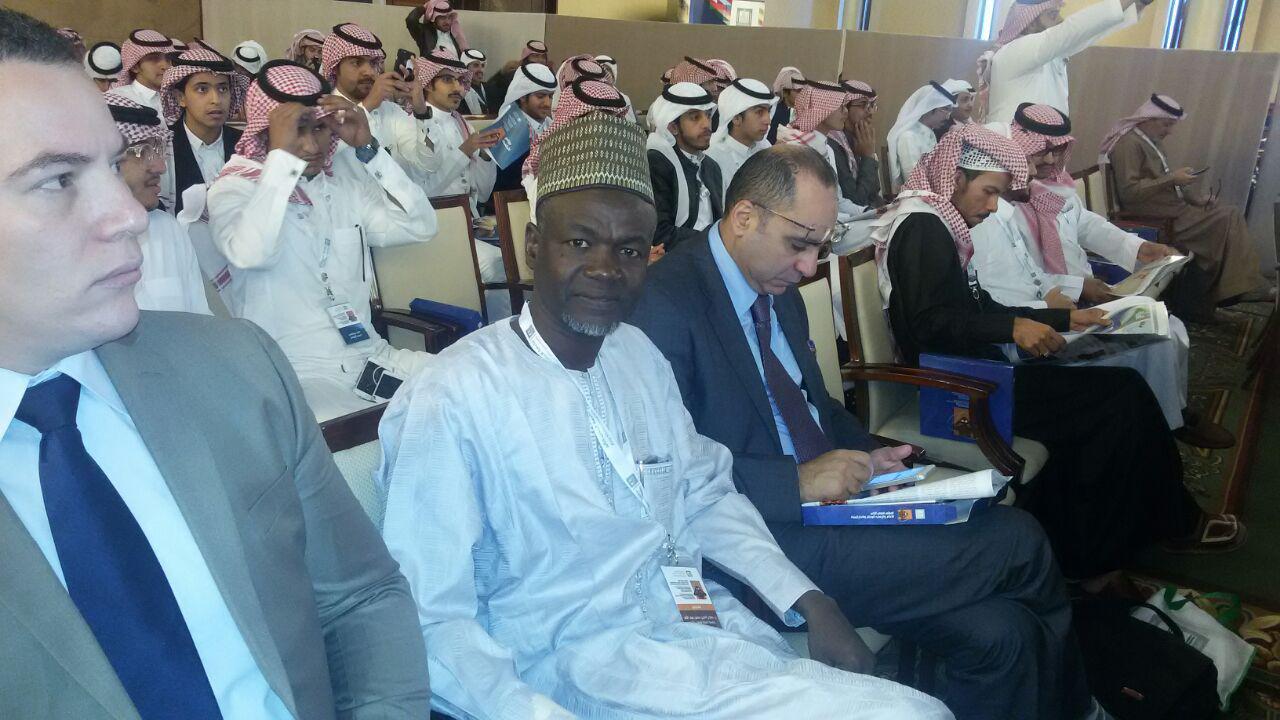
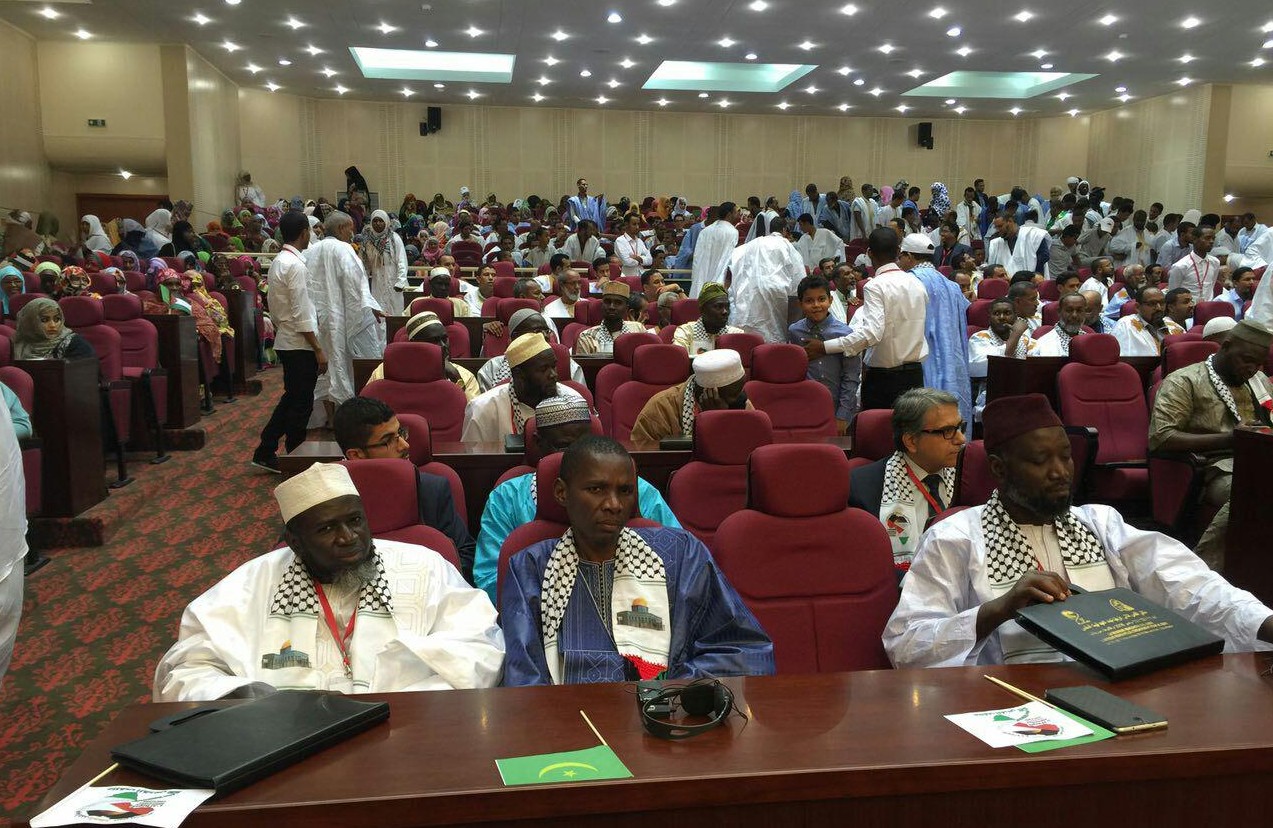
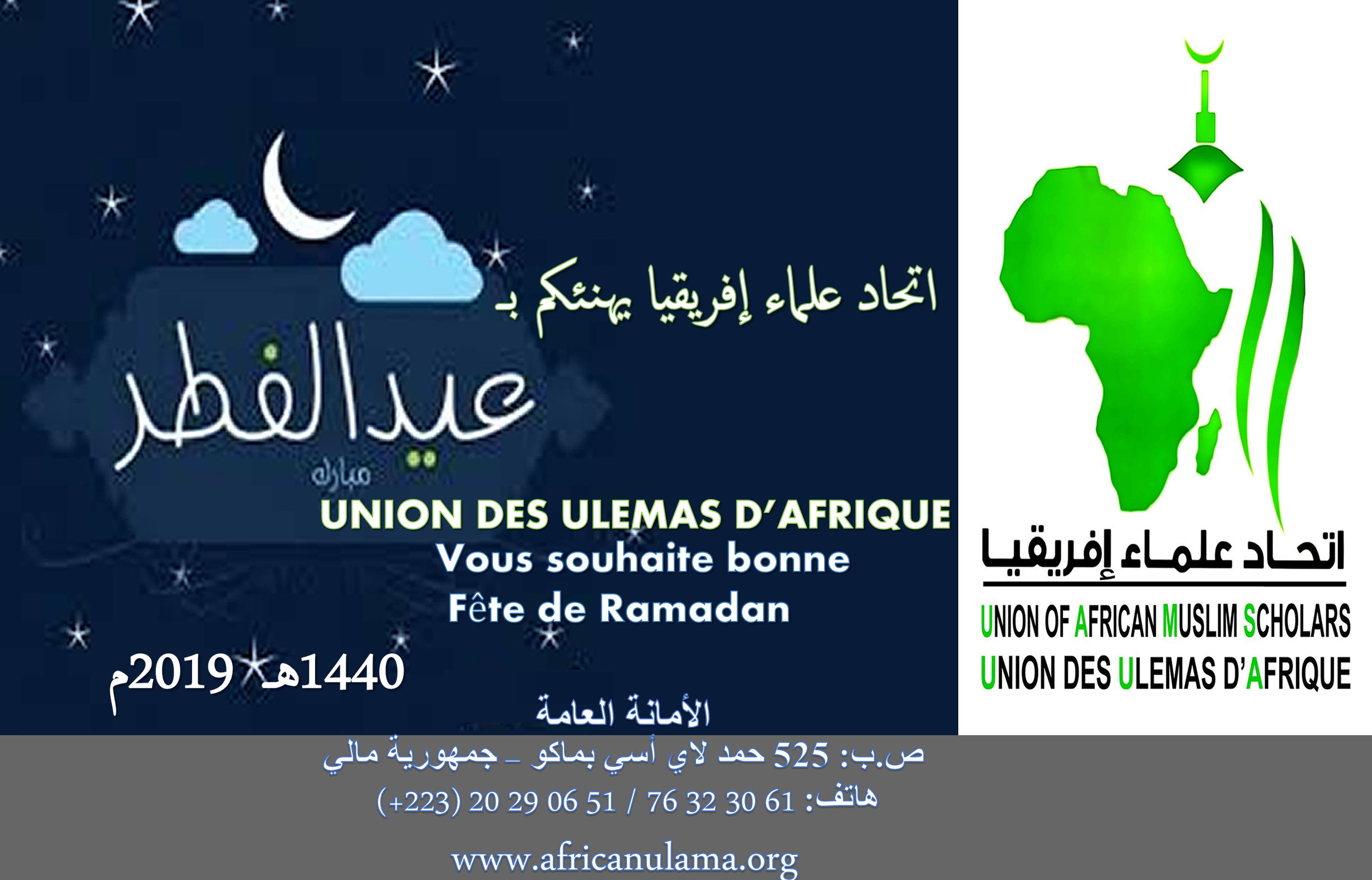
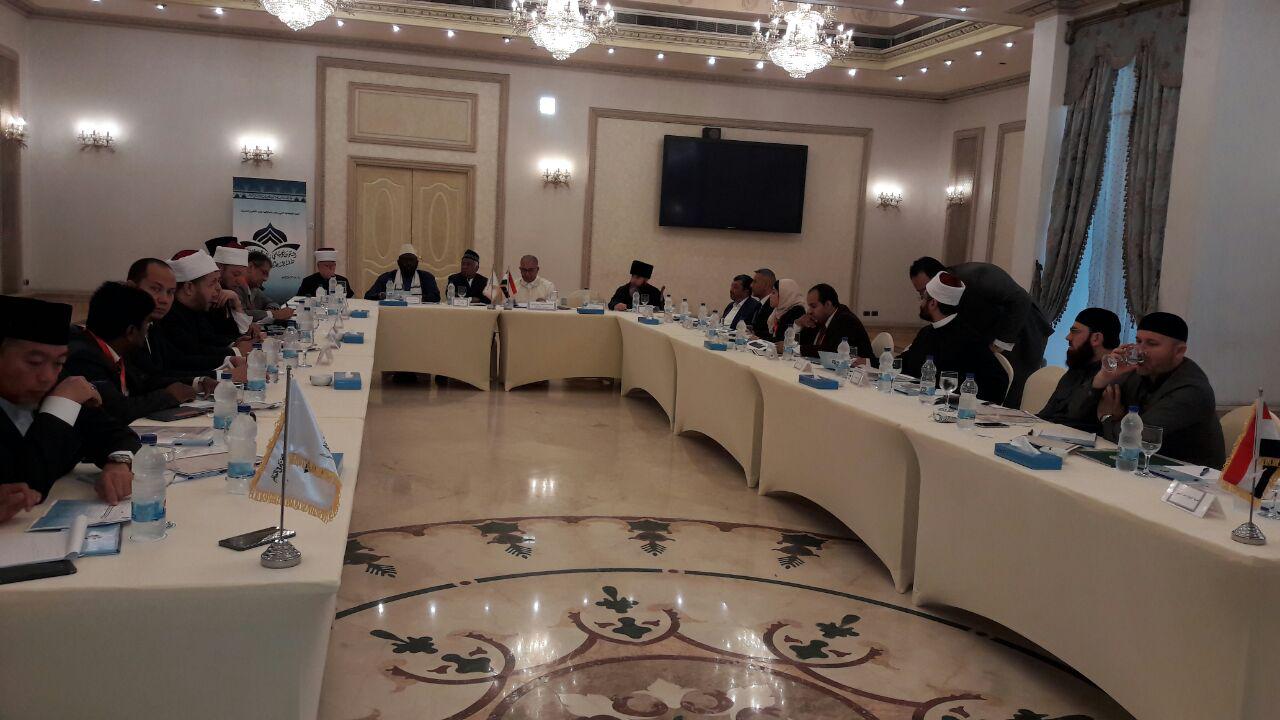
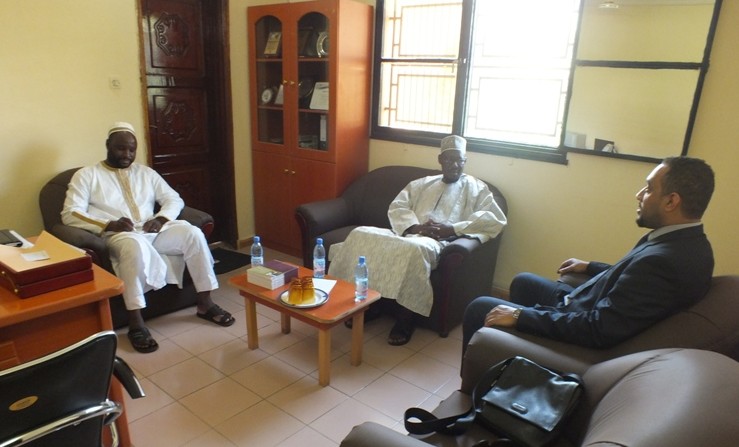
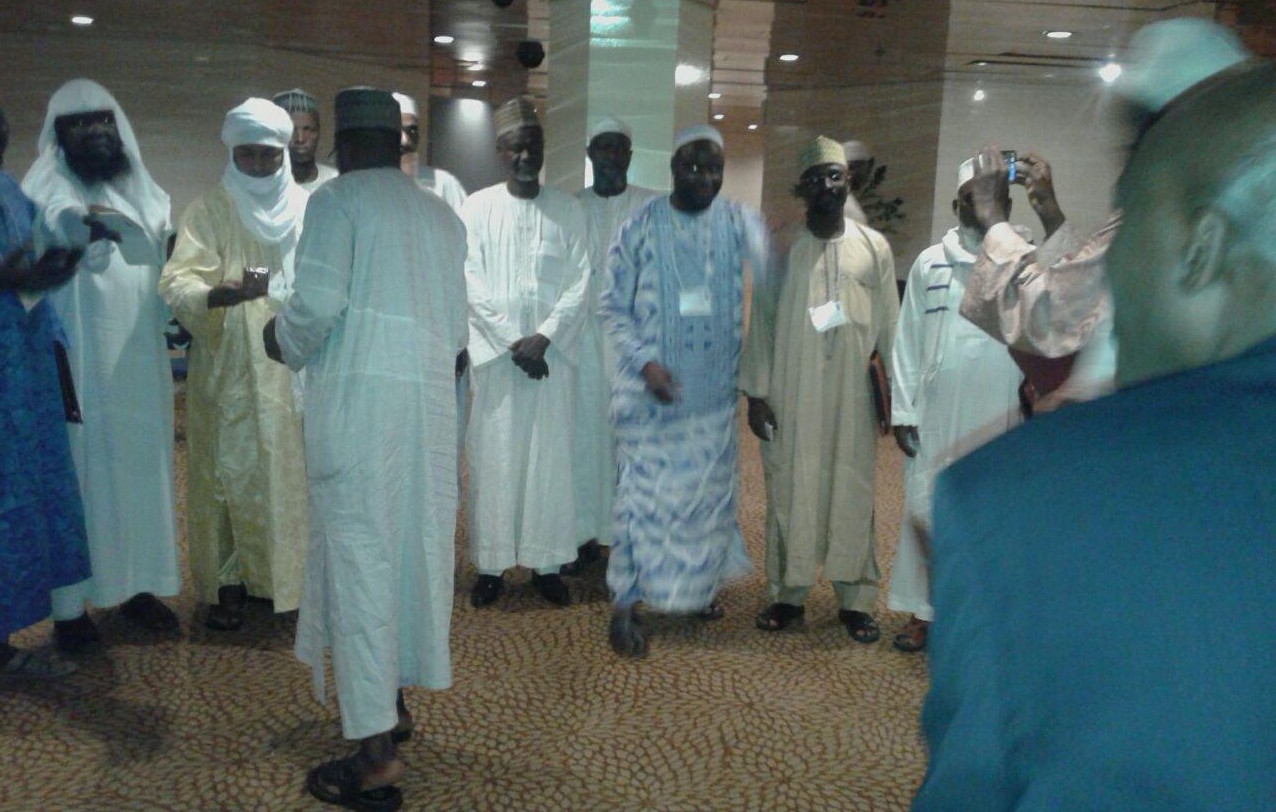
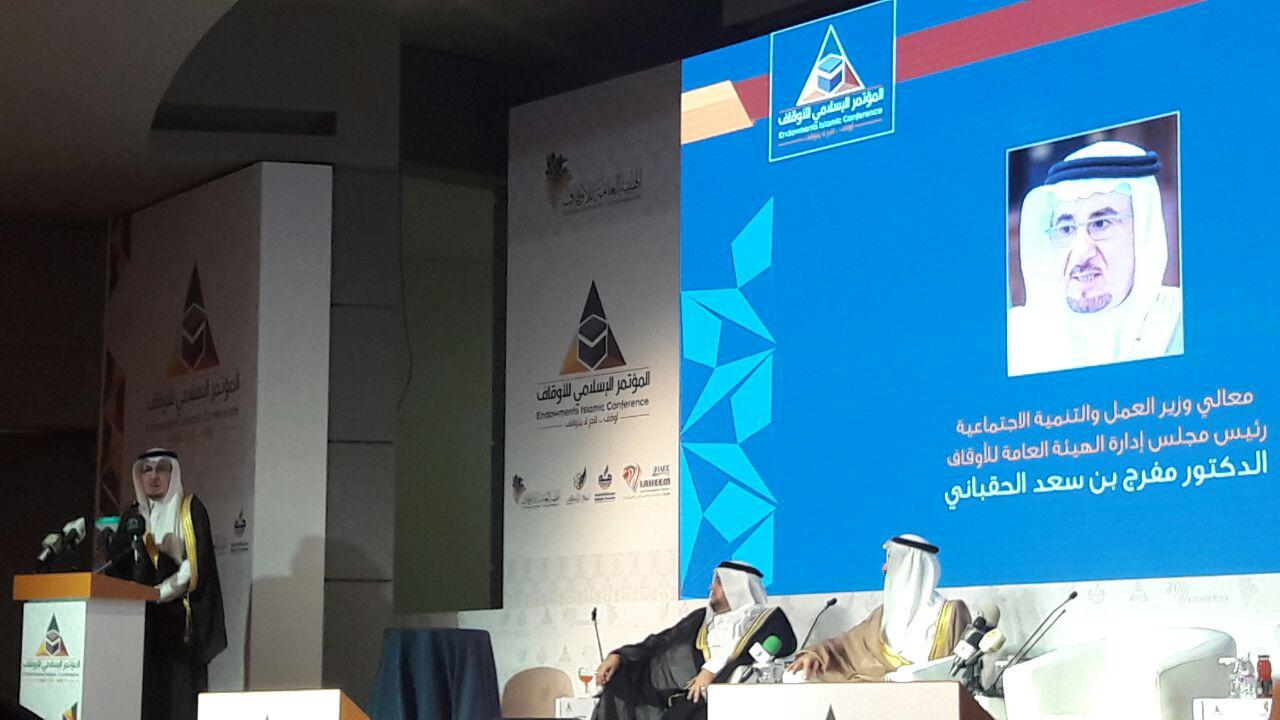
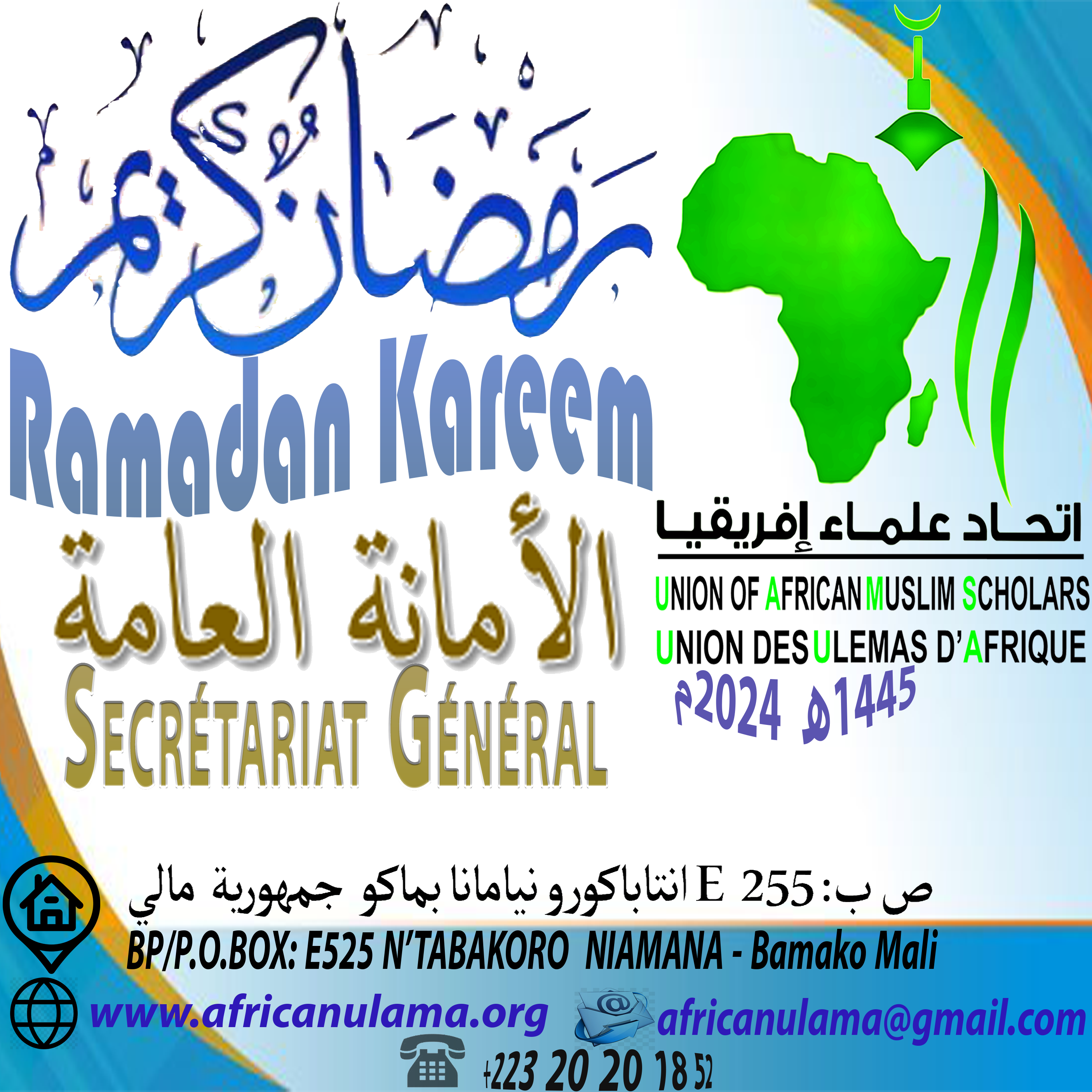
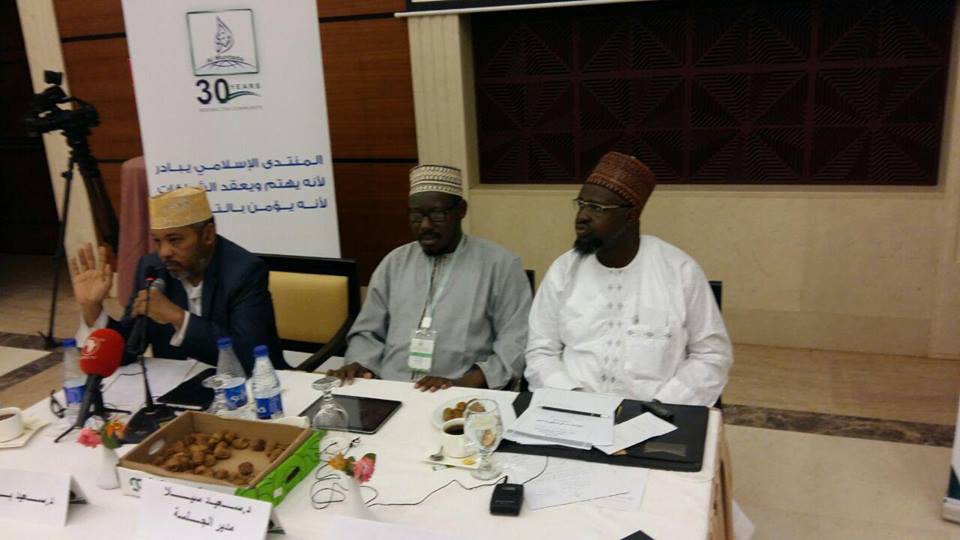
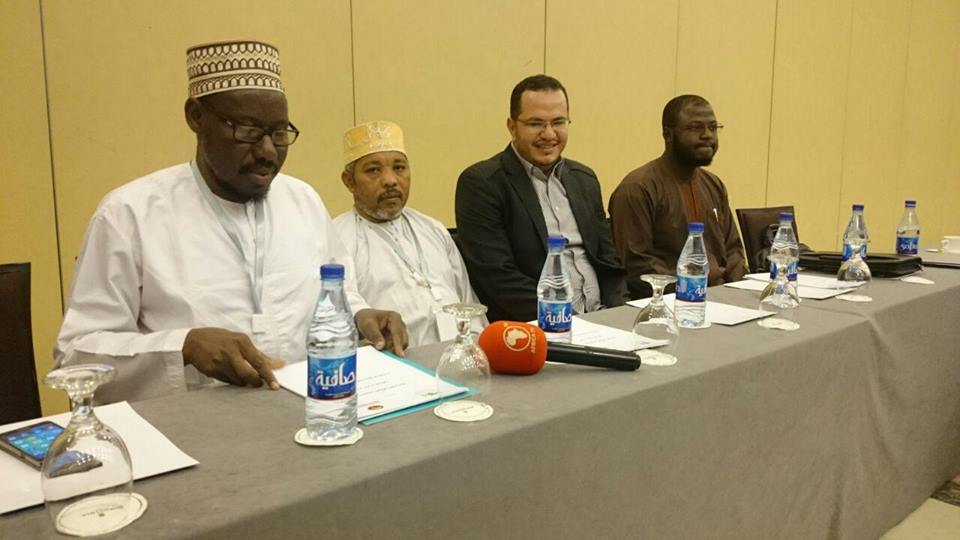
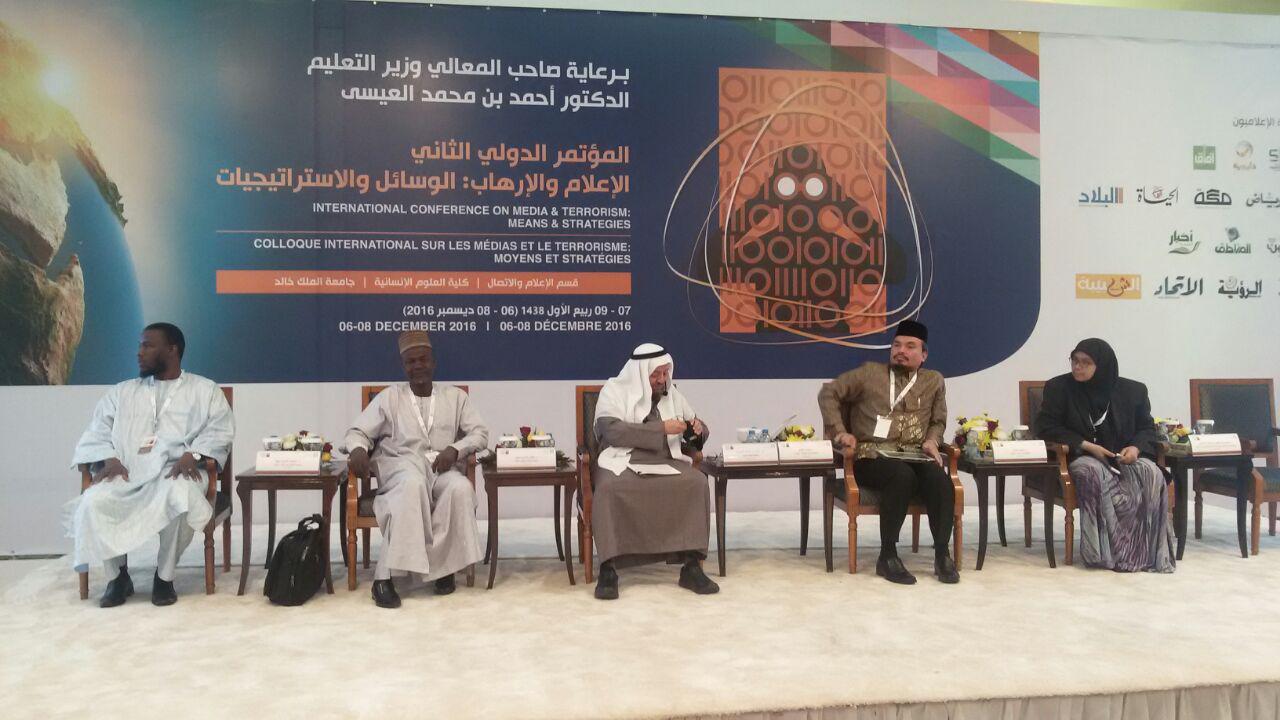
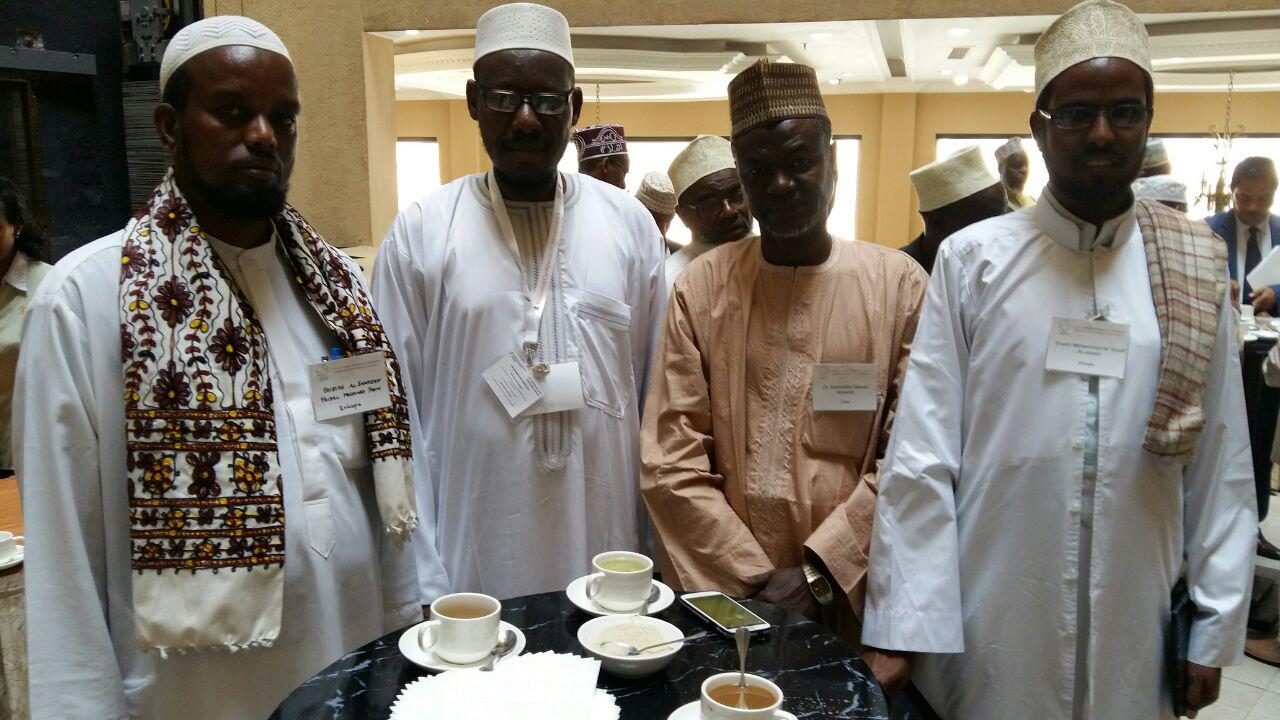

Leave a Reply